Numb
Ten years ago, I was first learning how to feel things.
Not that I couldn’t feel before then, I just hated to.
If feelings were a favorite song on a Discman, my CD was scratched. The song would skip and replay. Whatever joy or sadness I should have felt was always overtaken by anger and frustration.
An odd memory comes to mind as I write this.
I only knew one grandparent growing up, and I loved my Grammy very much. I went to her apartment for lunch once a week in elementary school. She’d cook my favorite: chipped beef on toast and we’d watch The Price is Right together. She was a Marlboro woman, even into old age. I can still remember her wrinkled hands ashing her cigarette as we shouted at the television: “One dollar! One dollar!”
I was invited in to see her on the day she passed, her hospice devices no longer beeping and ticking. Watching her, lying there peacefully in the first hours of her long rest, I can remember wondering why I didn’t feel something. My family was crying. Shouldn’t I be crying too? I couldn’t have been more than twelve years old, but I remember the bizarre process of wanting to feel a way that I couldn’t.
That night, alone in my bed, as the memories of Marlboros and showcase showdowns flooded the day’s final thoughts, I wept like a baby. For reasons unknown then, It took me an entire day before I could feel the sadness.
My emotions needed calibrating.
It got worse before it got better. I couldn’t seem to match how I felt with my experience with the world. I grew certain that there was just something wrong with me. I felt trapped everywhere I went. It provided the uncanny sensation that I was an observer of my own life, not a participant.
Life passed by me like a movie on the screen.
Drinking and drugging helped immensely. And when I discovered painkillers in college, I realized the joy of numbing it all out. Not feeling at all was better than the confusion. Numbness was an elixir. But, as many other things in life, I took it too far, often.
I was prescribed liquid painkillers after breaking my jaw in a blackout. I took my week’s prescription in one day, and got a refill. When I called my doctor for a third refill he told me it would be my last because I was not taking the medication as directed.
So I left the bottle at home. I went through the work day in searing pain. The bolt that held my jaw together rattled with every breath. When I got home, I could take a day’s worth of medication and become numb. It was never about managing the pain for me.
It took three sober years in recovery before I realized that my relationship with that pain medication was abnormal. It helped me understand that my track record with drugs and alcohol has never been about getting tipsy or buzzed. It was always about getting drunk and high; it was about going numb. I could withstand the worse pain in my life during the work day if it meant killing off all my feelings later that night.
Ironically enough, the surgery on my jaw could not restore the permanent nerve damage to the left side of my mandible bone. It has stayed numb, a good reminder of what happens when I drink and why I drank in the first place.
In terms of emotional work, early sobriety was like busting open a water pipe in the basement to repair it. Without alcohol and drugs to stop the outpour, my emotions overflowed. They spewed and spat in all directions. Slowly, recovery taught me how to manage.
I enjoy the recovery slogans. I’ve blogged about many of them. As a writer I should avoid cliches, but as a man in recovery, I recognize them as common truisms. And this one, “Let us love you until you learn to love yourself,” became true for me. Other people showed me how to cultivate a relationship with myself, to care for the things that go in and out of my mouth.
Somewhere in the process, my emotional deluge halted. I was able to feel things and not run away. I stayed in them, grew comfortable. I learned, most importantly, that feelings pass if you can hold on for long enough. It is worth it to wade out the storms rather than run from them. Rough seas do make the best sailors, if you can stomach one more cliche.
Once it became okay to feel, a beautiful new world opened its doors.
The more work I did on myself in sobriety, the more I began to feel in tune with the world around me. I can’t point to exactly when it happened and I can’t understand why. What I can write is that this was all occurring alongside intensive work in a twelve-step fellowship, and that internal repairs like this have served as my main evidence for the existence of God.
It was a gradual process, but I slowly fell in step with the rhythms of life.
Common events, such as meeting my nephew for the first time, became incredible journeys through joy. This notion of living in the moment may be common on bumper stickers, but it was a hard fought victory for me. Feeling emotionally calibrated is the greatest single gift of my sobriety. It allows me to keep showing up for my family and my work, knowing that there is a wellspring of joy underneath the monotony of modern living.
I am writing about the miracle of the mundane here, folks. I’ve defined it in many different terms, but the unspeakable joy of it continues to move and lure me into new places.
It is clearing away what isn’t in order to experience what is. However hurt or damaged, we are the only version of ourselves out there.
And we can only heal if we stay tuned and feel our way through the pain.
 Previous Post
Previous Post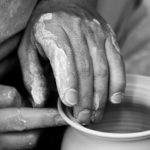 Next Post
Next Post
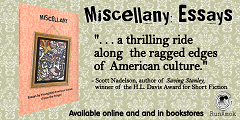
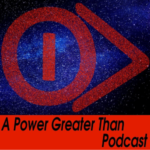

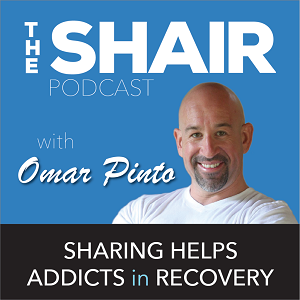
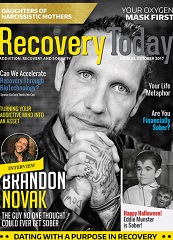
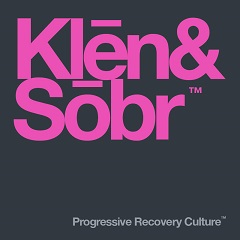
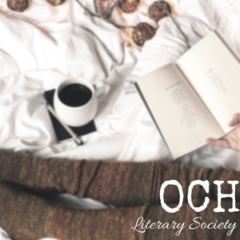


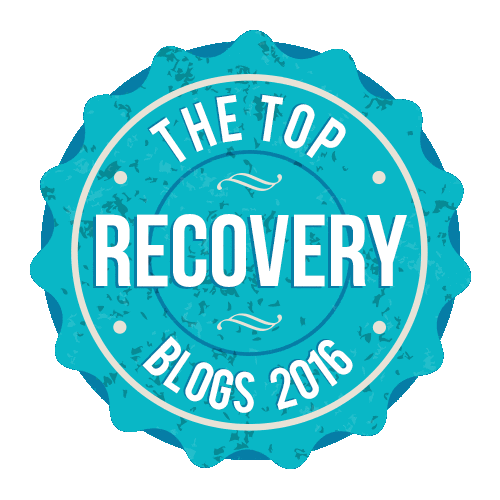
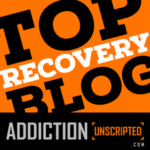
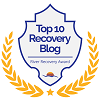
Thank you Mark. As someone who struggles with emotions and doesn’t quite trust them in himself, I really appreciate this entry.
Mark , I love your hesitancy to use cliches. I too am struck with that battle. Although sometimes they fit perfectly.
Mr Shakespeare being a founder.
Who better as a writer to look upon as a guide?
Oh how I can relate to the disconnect from emotion. Feelings – what are they?
Excellent post. Peace to you!


Shakespeare had it easy. There were no cliche’s back then, right? He could just steal all of the idioms people used when talking and claim them for his own brilliance! Hate to slam Shakespeare. I love his plays. I do find that rule about cliches an odd one. I don’t like it. Same as ending sentences with prepositions. Sometimes, that is just the best and clearest way to do it. Great to hear from you Sam. I enjoy watching your website grow and prosper.
No , no clichés back in that era or things weren’t recorded enough to become….. Ha.
Yes a thief – but aren’t we all?
Hey thanks man I appreciate you following. I am loving the process. Peace

Yes, your last line says it all!
My deafness caused me so much pain, and still does.
But, I just feel my way through it.
xo
Wendy
Thanks Wendy. Been missing our interactions as I haven’t been on screens much lately. But it’s great to log in and see your comment. I hope you have a great week!
Great post Mark, I always love the way you express yourself! I recently came off my antidepressant medication, and can relate to a lot of what you talk about here through that. I’ve explored some similar themes in my own writing recently. My counsellor explained to me that I have been living in black and white, now I have lifted off the glasses and everything is in colour (which became the basis of a poem!). Hope you’re well.
Wow. I like that description of depression. And I’m glad your finding a way through that darker stuff without medication. A friend of mine told me that you don’t have to suffer from depression in order to suffer from symptoms of depression. That’s been true for my life. I’d love to read the poem if you’re willing to share it. Have a great week!
Your posts always seem to put into words things that I know are true about my life, but haven’t been able to articulate. So thank you for that! Avoiding emotions and pain is what I’d do at all costs, now sober for 9 months, I’m having to learn how to deal with them and it’s so uncomfortable. Yet recognizing that I can just sit with it and time will help it fade, and that alcohol is not going to help. Loved “feeling emotionally calibrated is the greatest gift of sobriety”, agreed!
Bree! Congratulations on your nine months. How amazing! And thank you for your comment. I’m glad you can relate. I try to write about the things I’m unable to express in any other way. It’s odd being so public about those sorts of things, but the reward is corresponding with people like you.
-Mark
Brilliant Mark – I relate to so much of this.
In my first couple of days in rehab I was sat in a group about a gambler – clearly in my mind then someone I had nothing in common with. He talked about how his gambling made him “numb” – I remember that word. It hit me like a sledgehammer – that was what I’d been doing for 25 years making and keeping myself numb.
Thanks Graham. I appreciate that good word you left. Happy to catch up a bit.
Beautiful post.
Love the last line feel our way through the pain.
“And we can only heal if we stay tuned and feel our way through the pain.” A big fat Amen to that!